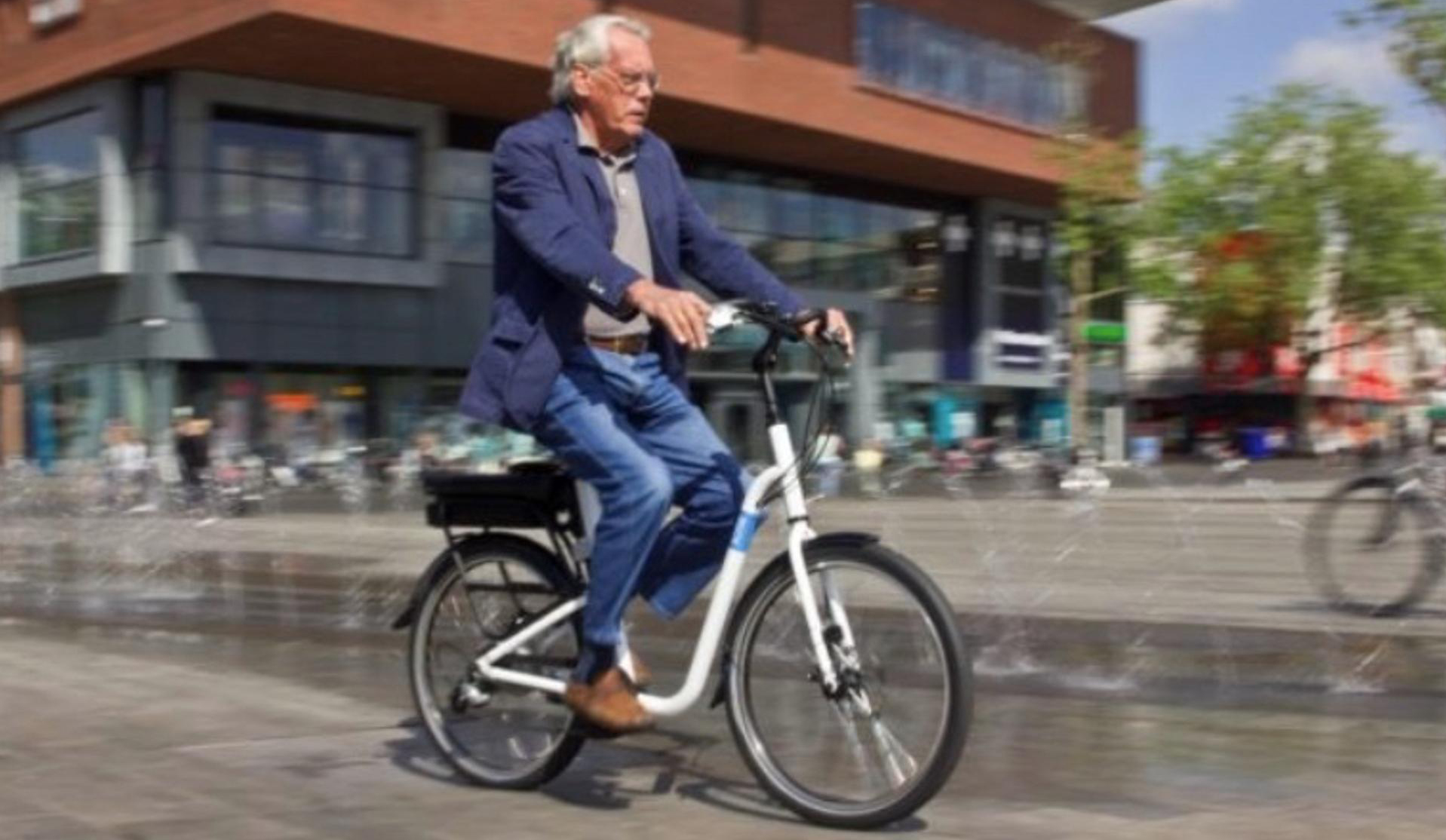- The world's 280 million e-bikes and electric mopeds are slashing demand for oil by a million gallons per day. (The Conversation)
- Bond-rating agencies are bearish on public transit as ridership remains sluggish and federal rescue funds run out. (Smart Cities Dive)
- The Federal Transit Administration is considering setting safety standards to prevent fatigue among transit workers. (Safety + Health)
- There are a lot of factors involved, but most drivers will save money in the long run by purchasing an electric vehicle. (Clean Technica)
- Don't ask drivers to slow down; force them to by designing safer streets, writes a Los Angeles Times columnist.
- D.C. has doubled its number of automated traffic enforcement cameras, with another 140 on the way. (Washington Post)
- Seattle Mayor Bruce Harrell is proposing to change the location of the future South Lake Union station to a place that's less convenient for riders but easier to build on. (Seattle Times)
- A Charlotte city council member says raising parking fines will protect the "most vulnerable" road users — cyclists and pedestrians. (WCNC)
- Minneapolis city council members are working on two proposals for raising rideshare drivers' pay for consideration in January. (Star Tribune)
- The Cincinnati streetcar surpassed 1 million riders this year. (Local 12)
- Momentum has some tips on bike commuting from seasoned vets.
Today's Headlines
Monday’s Headlines Need Less Oil
E-bikes are a great alternative for short trips, and they're actually saving more fossil fuels that electric cars.
Stay in touch
Sign up for our free newsletter
More from Streetsblog USA
Tuesday’s Headlines Are a Little Bit Safer
Traffic deaths are down about 12 percent, which the National Safety Council attributes to new technology and infrastructure investments.
Could Refurbished E-Bikes Be the Secret Weapon of the Livable Streets Movement?
A high-quality used market could be the boost America needs to get would-be riders off the sidelines and into the saddle, a new report argues.
How the ‘Little Free Pantry’ Can Help Feed the Hungry Without Requiring Them to Drive
Researchers are trying to reduce the mobility barrier to food by bringing it directly to neighborhoods.
Exactly How Much It Cost to Build the Average Parking Space In Your City
For new apartments, the research found that building required parking adds roughly $50,000 to $100,000 per unit, and disproportionately increases the cost to build smaller apartments.
Monday’s Headlines Took the Keys Away
A demographic disaster is coming as a generation of aging suburbanites become either dangerous drivers or trapped in their homes.
Why Anti-Trans Laws Are Terrible For Transportation, Too
A disturbing new Kansas law revokes trans people's driver's licenses. Here's how it will make our communities more dangerous.






